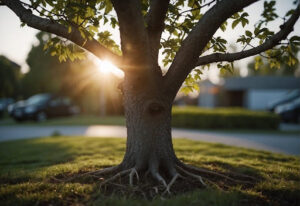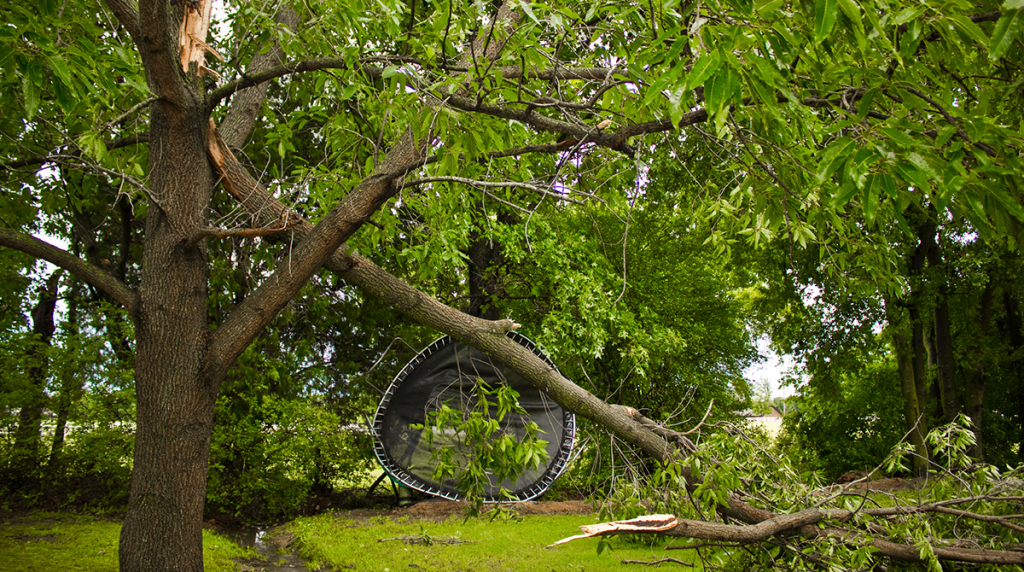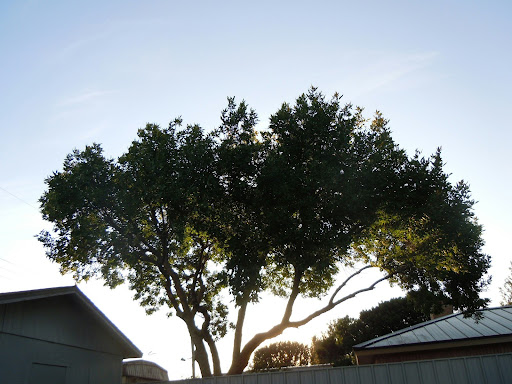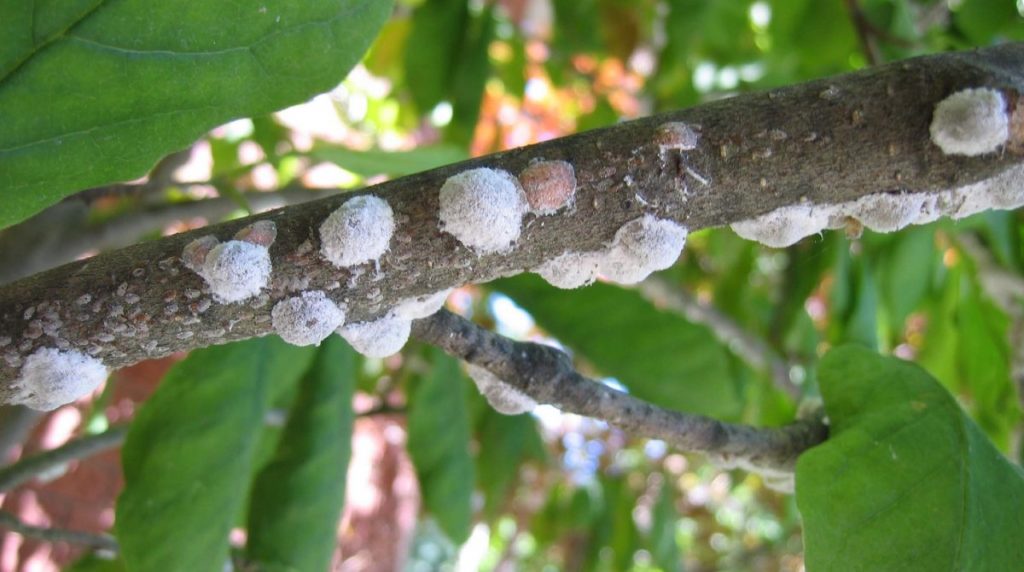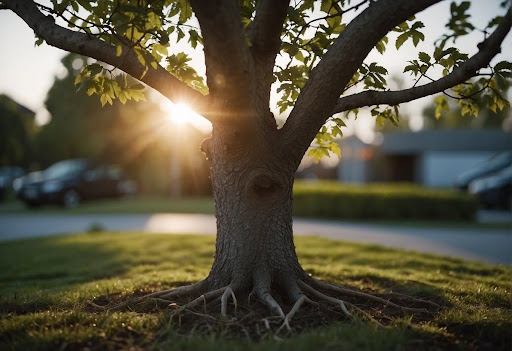
Tree Safety Fort Worth
Date March 25, 2024
Trees are an essential component of Fort Worth’s urban landscape, providing aesthetic beauty, shade, and environmental benefits. However, they can also pose significant risks to property and personal safety if not properly maintained. In Fort Worth, tree safety is a priority, with a focus on risk assessment and proactive management to prevent potential hazards. Residents and city officials alike recognize the importance of keeping trees healthy and stable, particularly in areas where they could impact homes, power lines, or public spaces. TreeNewal is proud to offer their services to support Fort Worth’s efforts in tree safety.
To ensure tree safety in Fort Worth, a systematic approach is adopted, involving regular inspections and maintenance. Arborists and tree care professionals engage in identifying any signs of disease, decay, or structural weaknesses in trees. These assessments are crucial for timely interventions, which might include pruning, cabling, or, in some cases, the complete removal of a tree deemed too dangerous to remain standing. The city’s dedication to maintaining a safe and healthy tree population involves constant vigilance and an informed understanding of arboriculture.
Preventive measures, such as proper planting practices and species selection, have been developed to further enhance tree safety. By choosing the right trees for specific locations and ensuring they are planted and cared for correctly, the risk of future problems is significantly reduced. The collaborative efforts between residents, city services, and professional arborists in Fort Worth exemplify a strong commitment to sustaining a safe and verdant urban forest for generations to come.
Tree Risk Assessment in Fort Worth
Tree risk assessment is a critical component for maintaining urban forestry safety in Fort Worth. It involves systematic processes to identify, evaluate, and manage trees that pose potential hazards.
Identifying Hazardous Trees
People in Fort Worth can spot hazardous trees by looking for several indicators. Significant signs to watch for include dead or hanging branches, decayed wood, and leaning trunks. Trees with cavities or cracks may also pose a risk. An inventory of trees should record these observations, noting species, size, and location for prioritization.
Professional Evaluation Methods
Certified arborists employ various methods to professionally evaluate tree health and structural integrity. They utilize visual inspection techniques and may incorporate advanced tools, such as resistographs or air spades, to assess root systems and internal decay. The assessment results are often translated into quantifiable data, informing the tree’s condition and risk level.
Risk Management Process
Upon identification and evaluation, Fort Worth implements a risk management process for tree safety. This includes prioritizing actions based on risk levels, from low to high. High-risk trees might require remedial actions such as pruning, cabling, or removal. For lower-risk trees, ongoing monitoring and routine maintenance are the standard course. This systematic approach ensures timely interventions, mitigating potential hazards for the community.
Preventive Measures for Tree Safety
Implementing preventive measures is essential to promote tree health and safety in Fort Worth. These measures mitigate risks of tree failure, protect property, and ensure community safety.
Routine Maintenance and Pruning
Regular maintenance, including pruning, is crucial for the structural integrity of trees. Inspect trees annually for weak branches and remove them promptly. Pruning should be done by professionals who adhere to industry standards, ensuring that cuts are made correctly to avoid damage that could lead to decay.
Disease and Pest Management
Early detection and management of tree diseases and pests can prevent widespread damage. Implement a monitoring system to track signs of disease and pest infestations. Appropriate treatments, which may include the use of fungicides or insecticides, should be applied by certified arborists. Maintaining a healthy tree canopy helps reduce the likelihood of disease and pest problems.
Soil and Water Conservation
Proper soil and water management is foundational for tree health. Utilize mulch to retain soil moisture and maintain a stable temperature. Ensure that irrigation practices are sufficient for tree needs without overwatering, which can lead to root rot. Fort Worth’s climate requires careful consideration of water conservation while maintaining adequate hydration for trees.
Emergency Response and Remediation
In Fort Worth, swift emergency response and meticulous remediation are vital to maintaining tree safety post-disaster. Strategies and procedures are well-defined to ensure community safety and environmental health.
Storm Damage Protocols
During storms, Fort Worth deploys specialized teams to assess tree damage. Action steps include:
- Immediate inspection of affected areas for hazardous conditions.
- Prioritizing areas where trees threaten public safety, such as roads or power lines.
- Documenting damages to coordinate with emergency services and insurance claims.
Removal and Disposal of Hazardous Trees
Post-storm, the focus shifts to removal and disposal. The city adheres to strict guidelines:
- Identification: Experts identify trees posing immediate risks, marked for removal.
- Disposal: Fallen trees are processed and reused when possible, minimizing waste.
Community Education and Awareness
Education is a key component in prevention. Fort Worth emphasizes:
- Awareness Campaigns: Regular public information sessions regarding tree maintenance and storm preparation.
- Resources: Distribution of materials on securing property and reporting tree hazards.
Legal Framework and Compliance
In Fort Worth, tree safety is governed by a set of rigorous regulations and guidelines, which ensure the well-being of the community and its environment.
City Ordinances and Regulations
Fort Worth has enacted specific city ordinances to regulate tree conservation and management. Key provisions include:
- Protected Trees: Certain species and sizes of trees cannot be removed without a permit.
- Tree Preservation: Requirements for maintaining trees during construction to prevent damage.
Developers and property owners must consult the city’s Code of Ordinances, specifically the section related to urban forestry, to ensure full compliance.
Homeowner Responsibilities
Homeowners are responsible for:
- Maintaining trees on their property to prevent hazards.
- Seeking permits for tree removal when necessary.
It is essential for homeowners to perform regular risk assessments to identify potential dangers and act accordingly to mitigate risks.
Arborist Certification and Standards
Certified arborists are crucial for maintaining tree health and safety. Standards are set by the:
- International Society of Arboriculture (ISA)
- Tree Care Industry Association (TCIA)
Certification ensures that arborists are trained in the latest safety protocols and tree care practices.
In the vibrant city of Fort Worth, the safety and health of our urban forest are paramount, not just for the beauty and shade our trees provide but also for the well-being of our community. Recognizing the potential risks poorly maintained trees pose, Fort Worth has embraced a proactive approach towards tree safety, focusing on regular risk assessments, maintenance, and the engagement of certified arborists to ensure the integrity of our urban canopy. This commitment is driven by an understanding that a healthy tree population contributes significantly to our environment, offering not only aesthetic appeal but also critical environmental benefits.
TreeNewal, a leader in tree care services since 2017, has been at the forefront of supporting Fort Worth’s commitment to tree safety. With a team of certified arborists and tree care professionals, TreeNewal offers comprehensive solutions tailored to Fort Worth’s unique ecosystem. From conducting detailed tree risk assessments to implementing preventive measures and emergency response, TreeNewal ensures that trees in Fort Worth remain a safe, healthy, and vibrant part of the community. Their expertise in disease and pest management, alongside innovative soil and water conservation practices, positions them as a key partner in maintaining the urban forest.
For residents and city officials alike, partnering with TreeNewal offers an opportunity to enhance tree safety across Fort Worth. Whether it’s through routine maintenance, addressing storm damage, or navigating the city’s legal framework for tree preservation, TreeNewal’s certified professionals are equipped to manage every aspect of tree care. By choosing TreeNewal, you’re investing in a safer, greener, and more sustainable future for Fort Worth. Reach out to TreeNewal today to ensure that our urban forest thrives for generations to come, safeguarding our community through proactive tree care and safety measures.
